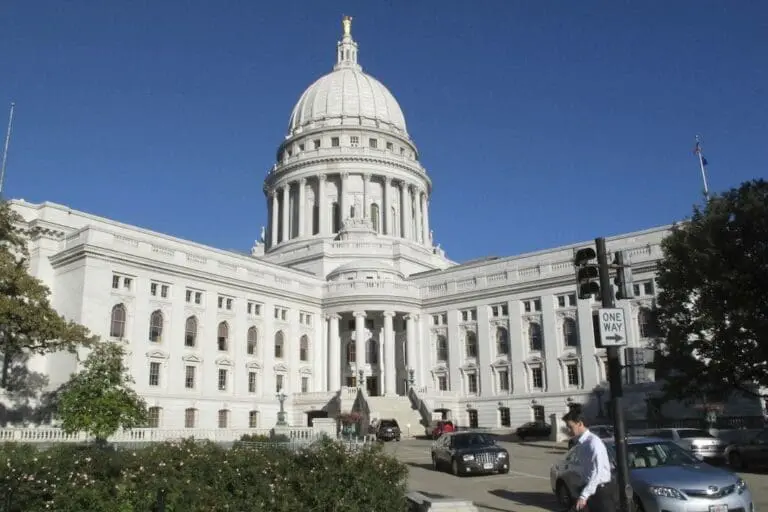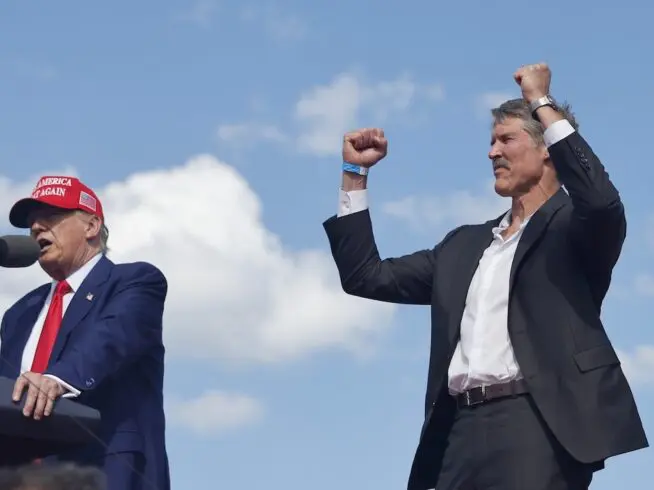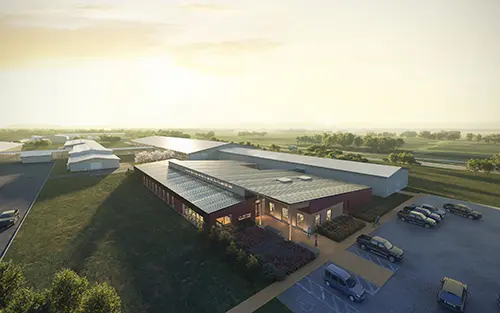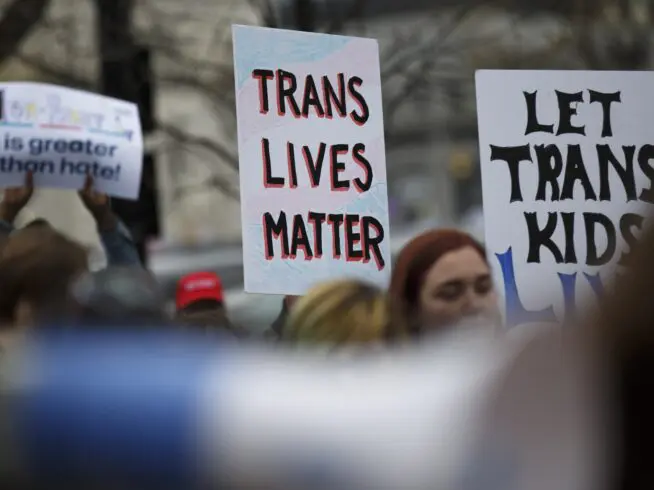Who should decide how the state spends federal money? WI voters will choose in August
Two constitutional amendments would give the Legislature full power over spending federal dollars, but some call it a power grab.

Wisconsinites will vote on Aug. 13 on two constitutional amendments that would give the state Legislature sole control over how federal funds are distributed within the state, a change that opponents say will hinder the flow of critical money to communities in need.
Currently, Wisconsin law largely gives the governor the authority to accept and distribute federal funding. But Republican lawmakers want that power to be in the hands of the Legislature — which they control — after sparring with Democratic Gov. Tony Evers over how the state has spent federal pandemic relief funds.
The two amendments Republicans are putting before voters would require the governor to receive approval from the Legislature before spending any federal money.
“I think it will have a very negative impact on all Wisconsinites,” Debra Cronmiller, executive director of the League of Women Voters of Wisconsin, one of the groups opposed to the amendments, told the Wisconsin Independent. “These questions actually would fundamentally change our structure of government, and by giving more powers to the Legislature, the constitutionally defined balance of powers would be upset.”
Constitutional amendments in Wisconsin must first be approved by legislators in two consecutive sessions, after which they are presented to the voters, who choose whether or not to approve them by a majority vote. The governor doesn’t have veto power over constitutional amendments. The questions that will appear at the bottom of voters’ ballots will be:
- Delegation of appropriation power. Shall section 35 (1) of article IV of the constitution be created to provide that the legislature may not delegate its sole power to determine how moneys shall be appropriated?
- Allocation of federal moneys. Shall section 35 (2) of article IV of the constitution be created to prohibit the governor from allocating any federal moneys the governor accepts on behalf of the state without the approval of the legislature by joint resolution or as provided by legislative rule?
The changes would slow down the process of deploying crucial aid, according to several organizations around the state that are opposed to the amendments.
“We believe it is a power grab by the Legislature to be able to take control of federal funding during times where we can least afford to have legislative gridlock introduced into budget decisions,” said Jennifer Giegerich, the government affairs director of Wisconsin Conservation Voters, one of the groups opposed to the amendments that signed a joint statement with the LVW and 12 other organizations.
Giegerich said that most federal funding is disbursed through the biennial budget, a process that involves the governor, Legislature and state agencies. But the amendments, she said, would most affect the process of getting money out to communities during emergencies, such as natural disasters and the COVID-19 pandemic.
“You’ll recall our Legislature went 300 days without convening during COVID. And if they were the ones who had to come together and decide how to spend money quickly, would they have been able to have done that?” Cronmiller said. “Our supposition is no, they would not have.”
Republican legislators have increasingly turned to constitutional amendments in recent years as a way to limit Evers’ authority without risking a veto or a rebuff from the state Supreme Court. According to an analysis by the nonprofit news outlet Wisconsin Watch, Republicans have placed seven constitutional amendment questions on ballots in the last two years — five this year alone — which is more than surrounding Midwest states combined and more than the state has seen in 40 years.
The questions are often written in a way that’s meant to confuse voters, according to the groups opposed to the changes. The Wisconsin Democratic Party, Law Forward, WAVE Educational Fund, Wisconsin Fair Maps Coalition, Wisconsin Faith Voices for Justice, Chippewa Valley Votes, Souls to the Polls Wisconsin, and Working Families Power also oppose the amendments.
“The Legislature essentially is going around the governor to take the question to the people, hopeful that the people will not understand the questions,” Cronmiller said.
Both Giegerich and Cronmiller said that their focus is on informing voters about the meaning of the questions and the implications for community funding. They’re also trying to get voters to turn up for the Aug. 13 election, a partisan primary that usually has low voter turnout.
“This alone is reason to go to the polls in August. And then we want to make sure people are talking to their friends and family and neighbors as well, to let them know what’s at stake,” Giegerich said.




